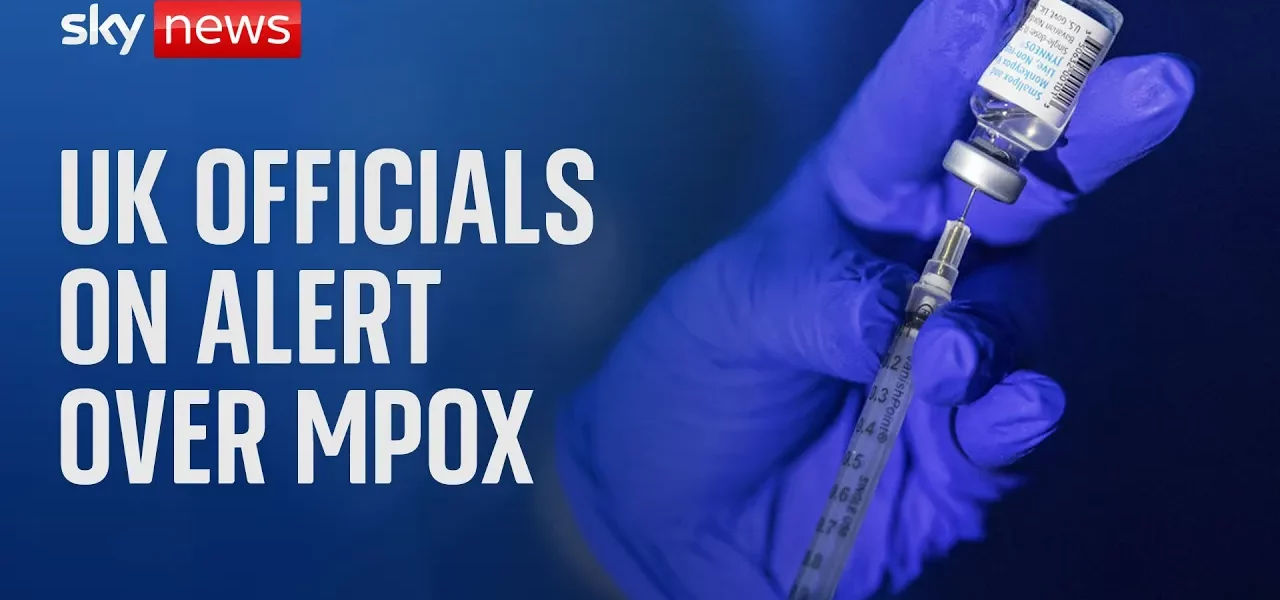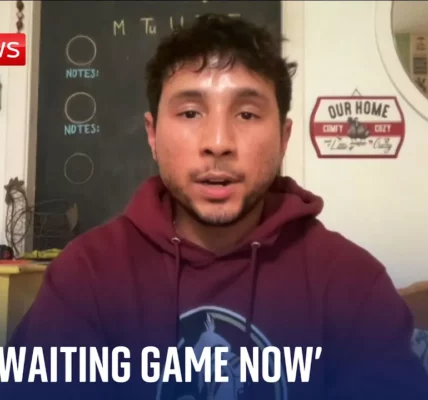Emerging Concerns Over the EMPO Strain of Monkeypox

The emergence of the new EMPO strain of monkeypox has raised alarms among health officials globally. This article delves into the details surrounding the strain, its symptoms, transmission, and the necessary precautions being implemented in the UK.
Introduction
Recent reports have indicated that medical experts are increasingly concerned about the potential presence of the EMPO strain of monkeypox within the UK. This strain, noted for its high transmissibility, has already been responsible for a significant number of fatalities in Africa. With the World Health Organization classifying it as a global emergency, understanding its implications is crucial for public health and safety.
Understanding the EMPO Strain
The EMPO strain, originally identified in the Democratic Republic of Congo, has quickly spread across various regions in Africa and into other countries. Here’s a detailed look at its impact:
Transmission and Spread
This strain has been noted for its rapid transmission, with cases escalating to over 177,000 across 17 countries, resulting in nearly 600 deaths. Key points include:
- First identified in the DRC.
- Spread to 16 other African nations.
- Confirmed cases in Sweden and Pakistan.
Symptoms and Diagnosis
Symptoms of the EMPO strain can be misleading, resembling those of the flu. Common symptoms include:
- Aching body
- Swollen glands
- Headaches
- Lesions on the skin, particularly on hands
Diagnosis of the EMPO strain involves complex testing procedures, which may delay the identification of cases in the UK. Professor Paul Hunter highlights the challenges in testing methodologies, which include:
- Sampling the blister fluid of infected individuals.
- Conducting genetic tests to confirm the presence of monkeypox.
- Further sequencing to identify the specific variant.
Global Health Response
In light of the EMPO strain’s rapid spread, the global health community has mobilized resources to address the challenge. Here are some key responses:
World Health Organization’s Classification
The WHO has categorized the EMPO strain as a global emergency, necessitating a coordinated international response. This includes:
- Ensuring equitable distribution of vaccines and tests, particularly in Africa.
- Developing protocols for clinicians to recognize symptoms early.
- Implementing rapid testing frameworks to identify cases effectively.
Precautions and Preventive Measures in the UK
Although the risk in the UK remains low at present, health officials are taking proactive measures, which involve:
- Educating clinicians on potential symptoms and transmission modes.
- Preparing vaccination programs similar to those initiated during the outbreaks among gay and bisexual men.
- Monitoring travel and potential spread from affected regions.
Community Awareness and Vaccination
Community awareness plays a pivotal role in preventing the spread of the EMPO strain. Initiatives include:
Public Health Campaigns
These campaigns aim to inform the public about:
- How the EMPO strain spreads.
- Recognizing early symptoms.
- Encouraging safe practices to limit transmission.
Vaccination Strategies
Historically, the UK has faced previous outbreaks, prompting vaccination initiatives. The lessons learned include:
- Over 3,000 cases reported by the end of 2022.
- Vaccination programs targeted towards high-risk groups.
- Ongoing evaluations of vaccine efficacy against the EMPO strain.
Conclusion
The emergence of the EMPO strain of monkeypox presents significant challenges for global health. Awareness, early detection, and a coordinated response are critical in mitigating its impact. As health officials continue to monitor the situation, it is vital for the public to stay informed and adhere to safety protocols. To learn more about infectious diseases and preventive measures, visit our related articles on vaccination strategies and public health campaigns.
“`




